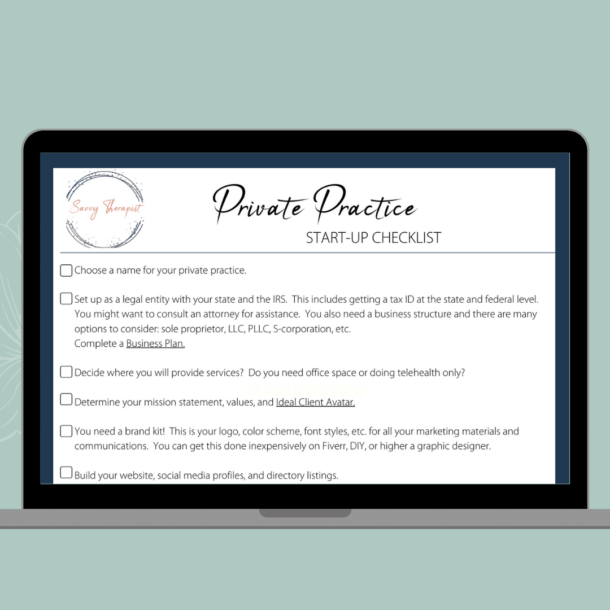If you are a new blogger looking to find ways to get your content noticed online, you should consider a guest post on more established blogs. Guest posting is essentially writing a blog post for another blogger or website. When you are first starting out, there are several things that you need to know to get started. In this post, I’ll share important tips for finding, creating, and submitting blog posts for consideration.
Finding Guest Posting Opportunities
There are several bloggers out there who compile lists of all the blogs in a specific niche who accept guest posts. However, this isn’t necessarily the best way to find opportunities. If you are like me, you probably follow and admire several other bloggers in your niche. Don’t overwhelm yourself with cold contacts at first. Sometimes the best opportunities are with bloggers you are already familiar with.
Keeping that in mind, reach out to bloggers you currently follow in your niche. Check their website and see if they accept guest posts. You may find some amazing opportunities, and it is pretty fun to write for someone you admire!
I also make it a point to be a part of and active in several Facebook groups. This can also apply to other forums such as Reddit, Linked In, Instagram, etc. wherever people in your niche hang-out. You can develop friendships and professional connections that can lead to guest post opportunities.
Pitching Yourself For A Guest Post
Once you have identified some guest posting opportunities, you need to pitch yourself. How you do this will depend on the requirements each blogger or website has for their guest posts. In some cases, there is an established application process. This takes the guess work out of the equation, and makes guest posting a bit less stressful for both involved parties. These are my favorite type of guest post opportunities.
If the blogger you want to guest post for doesn’t have an established process, start by getting noticed. Be an active participant in their groups/forums, comment on their blog posts. If you are on their email list and they invite readers to respond and start a conversation.
Once you have established a presence, it will be much easier to build a relationship and pitch yourself for the guest post. You can also give the blogger shout-outs in your blog posts or content and let them know you’ve done so. This can also go a long way because nearly everyone likes to receive a compliment or shout-out!
After you have been noticed by the blogger, inquire about guest posting. Make sure to be clear on who you are, what topic you want to write about, and how it will benefit the blogger’s audience. Don’t pitch until you’ve done your research though or you may end up falling short.
Researching Your Guest Post Topic
Before you pitch yourself, you need to be clear on your topic and how it will benefit the blogger you are pitching to. Start by brainstorming a list of topics and pay special attention to the topics that are covered on the blog you are pitching. Your post needs to be relevant and needs to be a topic that can add to the blog or fill a void.
After you have selected your topic, start doing some keyword research. This is easy to do via a keyword finder tool. Aim to choose keywords that you have a good chance of ranking for. Use Google to find related terms or phrases that users are typing in and add those to your SEO efforts.
It is always a good idea to include long tail keywords and Google suggestions in your SEO. I tend to choose topics in the easy to moderate range in a keyword search. It is important that you give your guest post the best odds of ranking well.
Writing And Formatting Your Guest Post
After the blogger has agreed to accept your guest post, get to work crafting your content! Every blogger has a different style and has specific requests for their guest posters. Make sure to respect the wishes of the blogger you are guest posting for. They are giving you access to their audience to boost your traffic and exposure. In return, they get free content. It is an advantageous relationship.
A few common requirements for guest posts include:
- No affiliate links or self-promotion within the post
- The content is original and not posted on your own blog
- Keywords with better potential for higher search engine rankings
- The expectation that you will promote it like crazy after it launches
- Using a headline analyzer like the one in Coschedule (which I love, love, love)
Crafting Your Author Biography
It is pretty standard to include a short biography of the guest poster so readers know who created the post. Usually it is three to five sentences in length. This is also the place in your post where you get a link back to your personal blog. Including your link back is how you will drive traffic from the guest post to your website/opt-in.
Make sure you have a clear message that entices readers to click through to see your website/blog. Offering a freebie, quiz, or some type of free content will increase the likelihood that readers will click your link and convert giving them content, and getting you an email subscriber in return.
Submitting and Promoting Your Guest Post
When submitting your guest post, you’ll need to provide it in the format requested by the blogger. Often, this is in HTML format, so it can easily be transferred to the blogger’s website without creating a need for further formatting. If you are a WordPress user, grabbing the text format is the easiest way to get your HTML code. If you need a free tool to create your HTML, try a free HTML editor. Check out these options here. After submission of your guest post, make sure you continue communicating with the blogger and ensure that you know when the guest post will be published. If the blogger has outlined any requirements for promoting the guest post follow through with those requests. This can involve sharing the post on your social channels and Pinterest.
In Conclusion
Writing guest posts for other bloggers can increase your website traffic, get your brand noticed, and lead to more email subscribers. Picking blogs in your niche will be of more value since the bloggers you work with likely have an engaged audience that is interested in what you have to say. Ultimately, the goal of guest posting is creating an advantageous relationship whereby the blogger gets free content to post, and you get more exposure and traffic in return. If you are interested in guest posting for The Priestley Project, fill out our contact form, here. Thanks for reading!
*This post may contain affiliate links.



Recent Comments